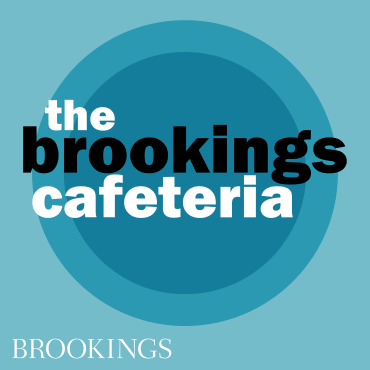Both China and Japan claim a small archipelago of uninhabited islands in the East China Sea known in Japan as the Senkaku Islands, and in China as Diaoyu Islands. They are covered by the U.S.-Japan security treaty. What would be the U.S. response if China landed military forces on them? Similarly, what would happen if “little green men” from Russia occupied a Russian-speaking village in Estonia, a NATO member country? In his new book, “The Senkaku Paradox: Risking Great Power War Over Small Stakes,” Brookings Senior Fellow Michael O’Hanlon explores these and similar scenarios in which a local crisis could erupt into a major war between the United States and China or Russia. In this episode, Brookings Fellow Tarun Chhabra talks with O’Hanlon about his book and his argument for a better range of options to deal with these risks.
Also on the program, Martha Ross, a fellow in the Metropolitan Policy Program, shares her recent research on unemployed youth. While the current national unemployment rate is below four percent, joblessness among American workers aged 18 to 24 in mid to large cities is much higher at about 17 percent.
Related Content:
The Senkaku Paradox: Risking Great Power War Over Small Stakes
Meet the millions of young adults who are out of work
Subscribe to Brookings podcasts here or on iTunes, and send feedback email to [email protected].
The Brookings Cafeteria is part of the Brookings Podcast Network.
The Brookings Institution is committed to quality, independence, and impact.
We are supported by a diverse array of funders. In line with our values and policies, each Brookings publication represents the sole views of its author(s).







Commentary
PodcastHow to avoid a great power war over small stakes
May 10, 2019
Listen on
Brookings Cafeteria Podcast